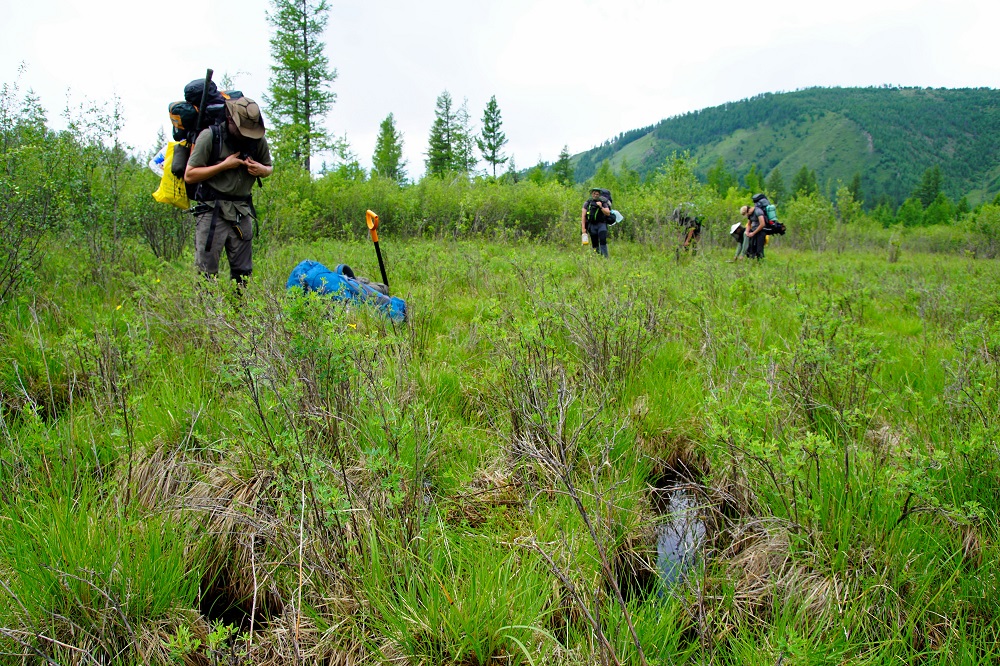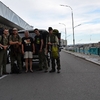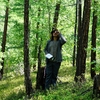 The Mongolia Expedition is a product of the enthusiasm of a group of students and researchers who want to during the study or work at Mendel University in Brno know areas that are still promising from a research point of view and which offer unique discoveries due to their unexplored nature.
The Mongolia Expedition is a product of the enthusiasm of a group of students and researchers who want to during the study or work at Mendel University in Brno know areas that are still promising from a research point of view and which offer unique discoveries due to their unexplored nature.
The most notable landscape phenomena certainly include the occurrence of "biologically highly active land islands in the Gobi", "permafrost and cold areas", "petrified forest" or "dinosaur valleys" in the Gobi Desert - one of the goals of our previous expeditions. To date, the territories of Mongolia have not been sufficiently scientifically researched, although almost any part of this country can be processed in a high-quality professional manner and at the same time relatively quickly in a team of enthusiastic people.
One of the expedition's priorities is to study the decline of the last relics of mountain permafrost in the world, located in the little-explored and inaccessible forest ecosystems of the Khan Khentii Strictly Protected area in northern Mongolia on the border with Russia.
The expeditions are also continuously engaged in the search for and evaluation of suitable water sources for local aratas, the survey of the now-disappearing unique larch forests and the pedological-geological survey of the area.
Cooperation between the Czech Republic and Mongolia in the field of hydrogeological and ecological survey projects has a long and positive tradition and, at the request of D. Jargalsaikhan, Chairman of the Mineral Resources Authority of Mongolia, has been underway since 1998. The launch of these projects has been a priority. At present, the Mongolian side is in great demand, especially for cooperation within the forestry sector, to which we are trying to respond by creating projects by both Smongolian and European partners.



